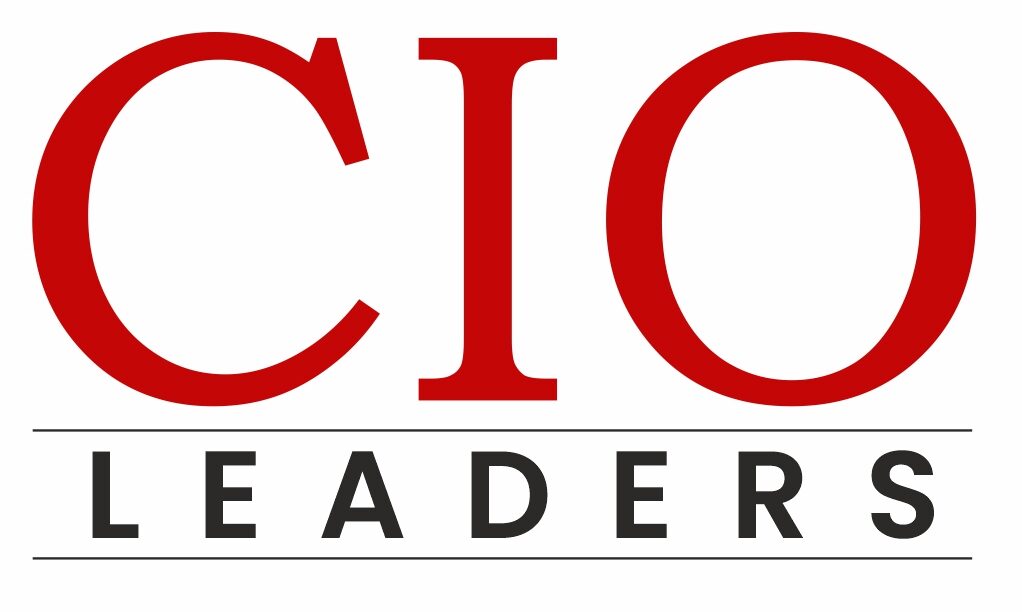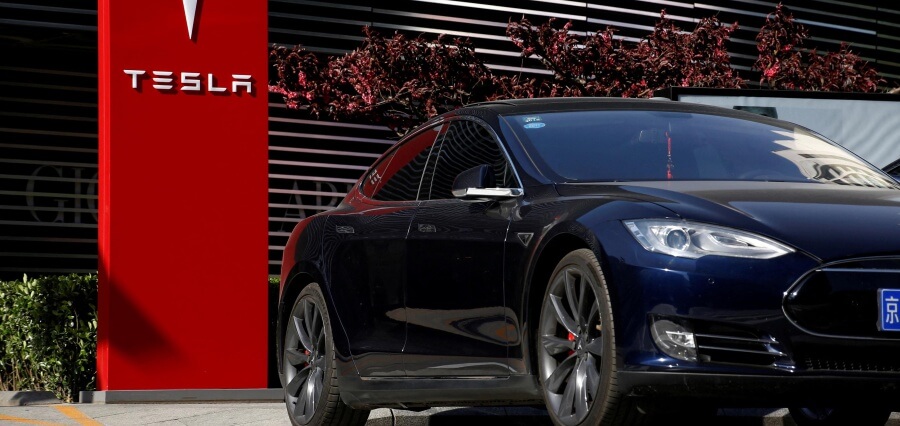Tesla will be subject to a 9% tariff on its Chinese-made vehicles exported to the European Union, the European Commission announced in an update on its extensive investigation into Beijing’s “unfair” subsidies for electric vehicles (EVs). This levy is significantly lower than the 21.3% average tariff imposed on companies that cooperated with the EU investigation and the 36.3% on those that did not. Tesla’s lower rate comes after the California-based company requested individual treatment during the broader inquiry by Brussels.
These new tariffs, which are considerably less severe than the 100% tariffs imposed by the U.S., will be in addition to the EU’s existing 10% duty on Chinese EVs. EU officials who visited Tesla’s Shanghai operations in June determined that the company had benefited from Chinese state subsidies, particularly through below-cost batteries, as well as cheap land and grants for exporters.
The 9% tariff is expected to take effect by October 31, pending approval from EU member states. This decision was part of the commission’s broader announcement, which included minor downward adjustments to the tariff rates on Chinese-made EVs following technical discussions with the companies involved. For instance, BYD, a major competitor to Tesla in global EV production, will face a 17% tariff; Geely will be charged 19.3%; and SAIC will incur a 36.3% tariff. These rates have been slightly reduced from provisional measures announced in June and may be subject to further changes.
Additionally, the commission clarified that no company would be required to pay provisional tariffs before their expected implementation by the end of October. This decision reflects EU officials’ conclusion that European carmakers face a “threat of injury” rather than immediate harm, such as factory closures or job losses.

